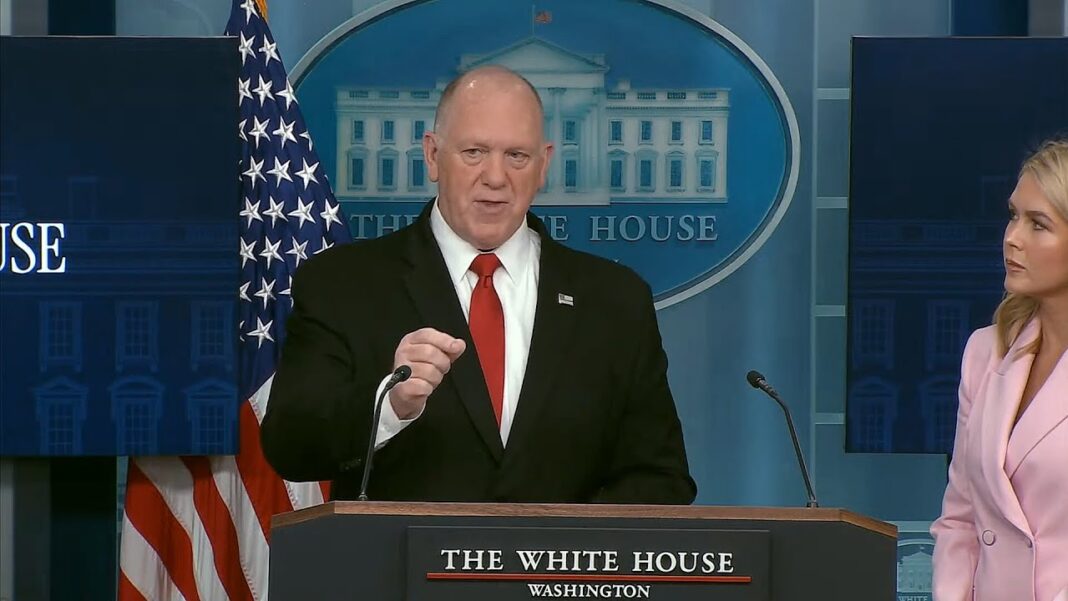Lower courts are causing ‘irreparable harm’ by restricting DOGE’s ‘unquestionably lawful’ activities, the government argues.
The Department of Justice urged the Supreme Court on May 13 to let the Department of Government Efficiency (DOGE) have access to Social Security data after lower courts blocked that access.
President Donald Trump issued Executive Order 14158 on Jan. 20, implementing DOGE, an advisory body that recommends cost-cutting measures. The order directed the entity to “implement the President’s DOGE Agenda, by modernizing Federal technology and software to maximize governmental efficiency and productivity.”
Solicitor General D. John Sauer argued in the new filing that the lower courts have overreached and are attempting to turn themselves into “the human resources department for the Executive Branch.”
The filing came after Maryland-based federal district Judge Ellen Lipton Hollander issued an order on March 20 preventing DOGE from viewing Social Security Administration (SSA) records because such access “violates” the federal Privacy Act.
The lawsuit was brought in February by labor unions and retirees represented by the Democracy Forward Foundation.
“The DOGE Team is essentially engaged in a fishing expedition at SSA, in search of a fraud epidemic, based on little more than suspicion. It has launched a search for the proverbial needle in the haystack, without any concrete knowledge that the needle is actually in the haystack,” the judge wrote in granting a temporary restraining order against the federal government.
DOGE’s team at the Social Security Administration has had “unbridled access to the personal and private data of millions of Americans, including but not limited to Social Security numbers, medical records, mental health records, hospitalization records, drivers’ license numbers, bank and credit card information, tax information, income history, work history, birth and marriage certificates, and home and work addresses,” Hollander wrote.
Hollander directed DOGE to delete any personally identifiable data in its possession. On April 17, Hollander upgraded the temporary restraining order to a preliminary injunction.
Then on April 30, the U.S. Court of Appeals for the Fourth Circuit voted 9–6 to maintain Hollander’s order while the appeal process continues.
On May 2, the Trump administration filed an emergency appeal with the Supreme Court, asking the justices to pause the preliminary injunction.








